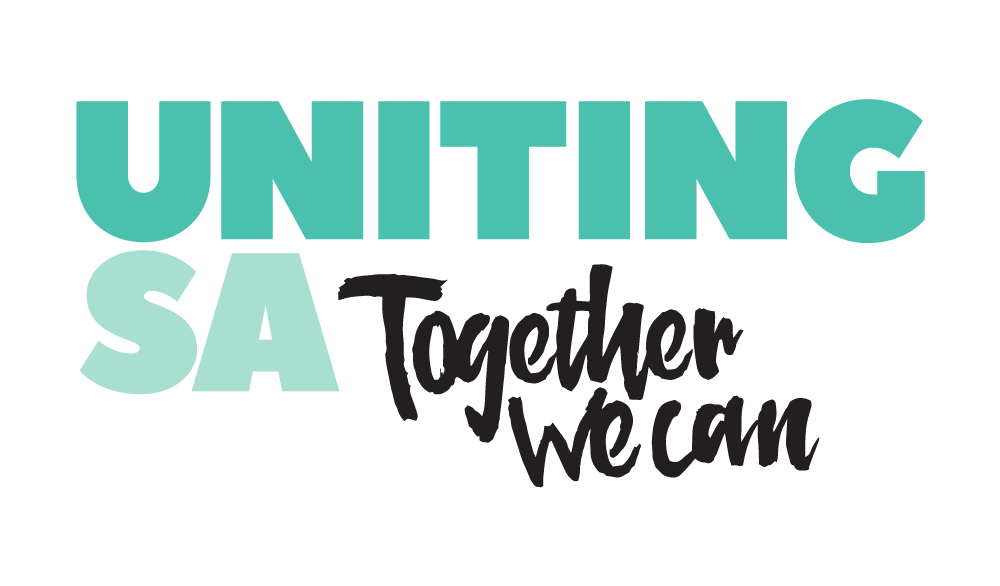My Aged Care will write to you after your ACAT assessment to let you know the outcome. What happens next will depend on the type of aged care support you need.
Residential Aged Care
If your assessment shows you need Residential Aged Care, you’ll receive an approval letter and support plan outlining the care you’re eligible to receive. Your support plan will include a unique referral code that you’ll need to give to your Residential Aged Care home.
If you’re not approved for Residential Aged Care, your letter will explain why and outline what other aged care services you’re eligible to receive.
Home Care Services
If you’re eligible for Home Care services, your letter will outline what funding and services you’re approved to receive. Eight levels of support are offered through the Support at Home program, with Level 8 providing up to $78,000 annually.
If you’re approved, you’ll join the national queue or waitlist. My Aged Care will write to you with your unique referral code when the funding becomes available. You’ll then have 56 days to choose your aged care service provider and enter a Home Care Agreement.
How can I get care sooner?
There are a few options you can explore to get help earlier.
Interim funding
You may be able to get help sooner by choosing to receiving an interim allocation (60%) of your Support at Home budget, while you wait to receive your full funding.
Commonwealth Home Support Programme (CHSP)
Another option is to seek help through the Commonwealth Home Support Programme. If you need Home Care services while you’re on the waitlist, you can use the CHSP to pay for them. The CHSP is designed to give you immediate access to basic services, such as:
- Support around the house
- Home modifications and maintenance
- Social support, such as visits, outings or support groups
- Seniors gyms
- Respite care

